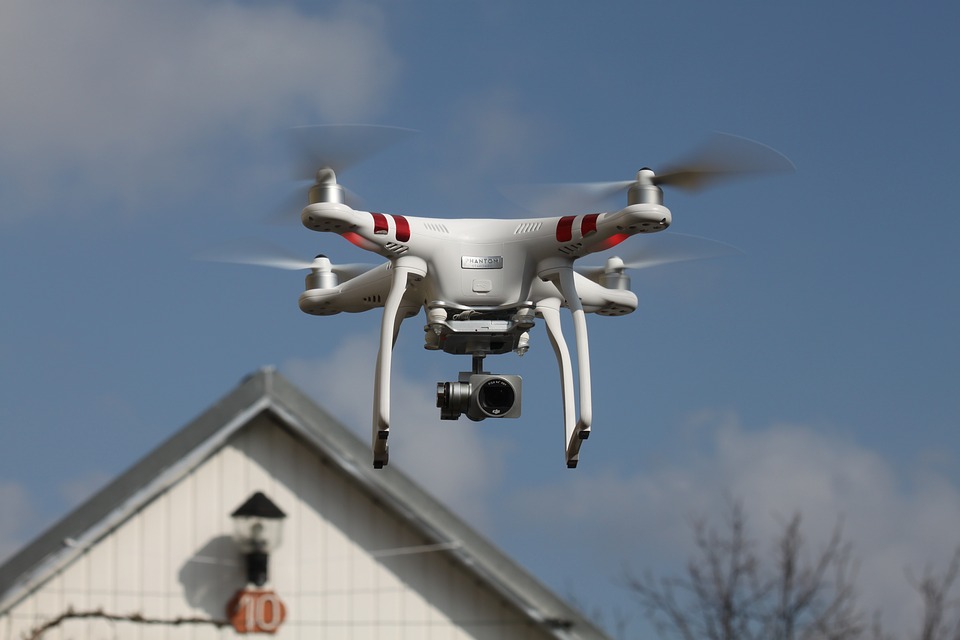This post is also available in:
 עברית (Hebrew)
עברית (Hebrew)
The temporary shut down of UK Gatwick Airport due to drones flying over the airfield has raised worldwide concern. In the US, forbes.com claims that the country is not prepared for such attacks not only from the security technology perspective but also from the legal aspect.
The U.S. has not yet developed the legal strategy and training to enable law enforcement and prosecutors to respond to these types of events and appropriately prosecute the perpetrators.
Current counter-drone techniques have major drawbacks. There are two types: detectors and defenders. Detectors do just that, detect drones using different methods (radar, radio waves, etc.). Defenders disrupt or destroy the unmanned aircraft using all sorts of creative technology: shotgun shells; jammers that disrupt the radio frequency signals between the drone and the pilot; GPS signal spoofers, which allow taking over control of the drone; lasers; and even trained eagles.
The consequences are that In using a jammer to take down a drone, it would also disrupt the use of that radio frequency spectrum in a wide area for a host of important functions, interfering with Wi-Fi and cellular communication signals and airport navigation aids, and potentially resetting equipment for power companies.
In addition, not all drones are radio-controlled and jammable — there are systems that can be programmed to fly a defined route.
Use of projectiles or lasers to take a drone down raises risks of harming bystanders and damaging nearby property.
While some of the counter-drone techniques have been used effectively by the military in war zones and by intelligence agencies, such as jamming and GPS spoofing, they have been made illegal for unauthorized use by law enforcement in the U.S. due to the collateral damage that they could cause.
In the United States, there are anti-jamming laws and anti-GPS-spoofing laws. It is illegal to damage or destroy an aircraft or hack into a drone. Civilians or authorities who used these counter-drone techniques would open themselves to extra lawsuit liability from plaintiff attorneys whose clients might have been hurt because of the illegal operation.
So can anyone do anything to stop these drones? Multiple federal laws have been passed within the last two years to give the authority to use counter-drone measures to the Department of Homeland Security, Department of Justice, U.S. Coast Guard, Department of Energy and Department of Defense. But even with these new laws, there will still be a need to determine safe and effective rules of engagement against misused drones. DHS and DOJ will be working on this quickly in light of the events at Gatwick.


























